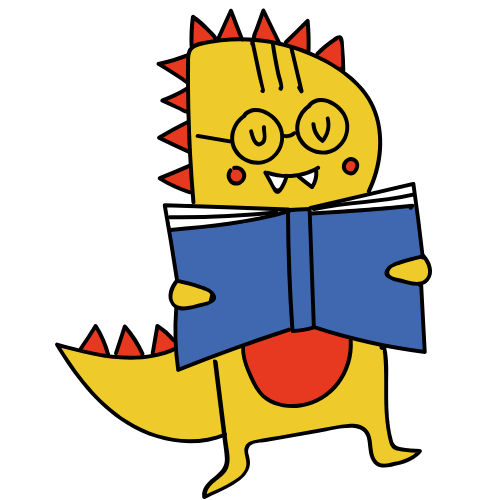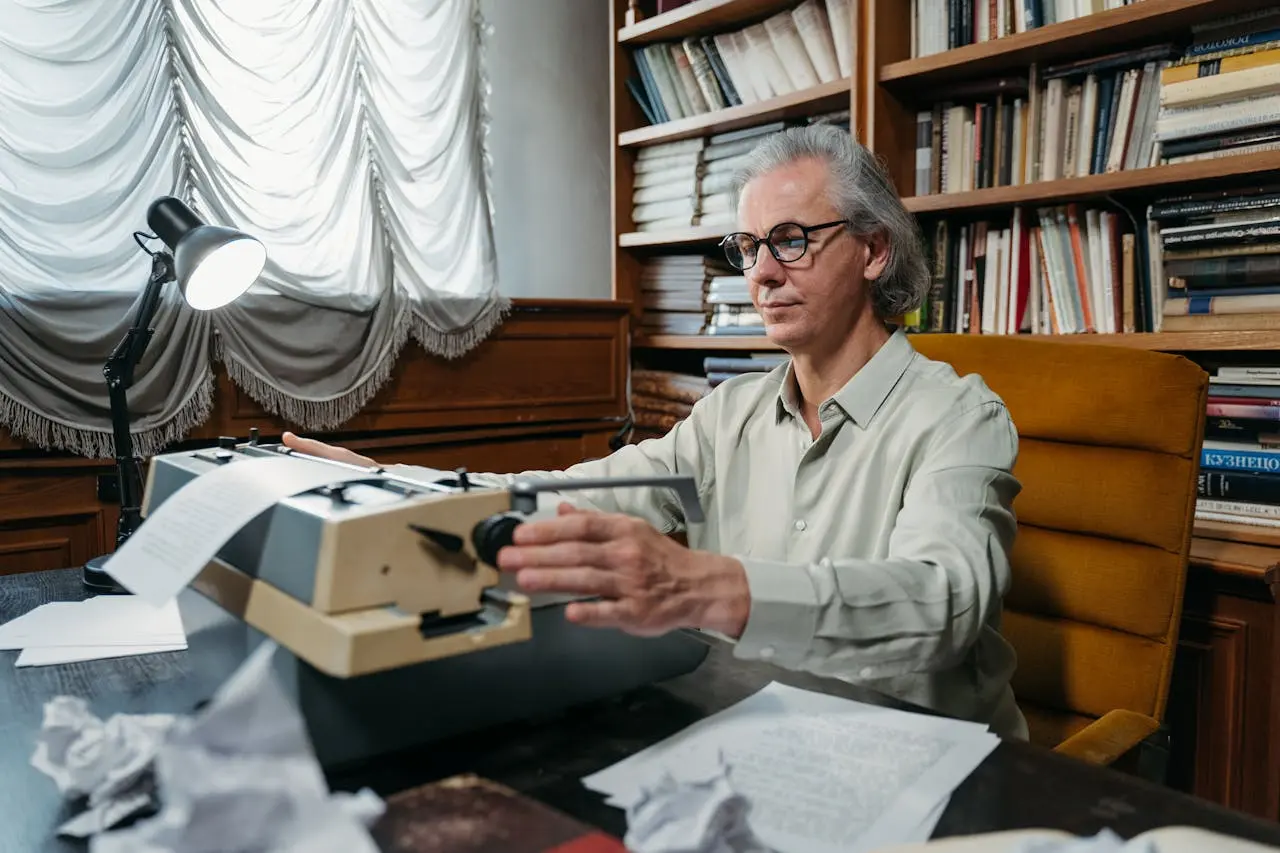I’ll be honest, when I first thought about working with books, my mind jumped straight to writing them. Editing? That sounded intimidating, like it was reserved only for grammar geniuses who never misplaced a comma. But as I slowly discovered, becoming an editor for books isn’t just about spotting typos. It’s about shaping stories, collaborating with authors, and bringing out the best version of a manuscript.
If you’ve ever wondered how to become an editor for books, let me share what I’ve learned along the way. Think of this as a mix of my own experience, research, and the advice I wish I’d had when I started.
Why Book Editing Is More Than Just Fixing Grammar
Before diving into the “how,” I think it’s important to clear up a common misconception. Editing isn’t just proofreading. There are actually different levels of editing, such as:
- Developmental editing – helping with structure, pacing, and plot.
- Line editing – polishing sentences for flow, tone, and clarity.
- Copyediting – correcting grammar, spelling, punctuation, and consistency.
- Proofreading – the very final polish before publishing.
When you know which type of editing excites you most, it’s easier to find your path. For me, I loved line editing because it feels like sculpting sentences into something sharper and more beautiful.
Step 1: Read Like Crazy (But With a New Lens)
If you want to edit books, you need to train yourself to read like an editor instead of just a casual reader. That means noticing when:
- A chapter drags on too long.
- Characters sound too similar.
- A word choice feels off.
- Sentences could be tighter.
I started doing this with books I already loved. I’d take notes, pretend I was working with the author, and ask myself, “How would I make this better?” It’s a great way to sharpen your instincts.
Step 2: Get the Right Education (Formal or Informal)
Here’s the truth, you don’t have to get an English degree to become an editor for books. Plenty of editors are self-taught. But, having some kind of training helps you stand out. You can:
- Take online editing courses (many are affordable and practical).
- Learn publishing style guides like Chicago Manual of Style.
- Join editing communities where you can get feedback and resources.
Personally, I started with short workshops and style guide references, it gave me confidence without overwhelming me.
Step 3: Practice by Editing Small Projects
You won’t land a novel with a big publisher right away (and honestly, you wouldn’t want that pressure at the start). Instead:
- Offer to edit short stories or essays for friends.
- Volunteer with writing groups.
- Try freelance platforms to get small editing gigs.
That’s how I got my first hands-on practice. It taught me not just how to fix words, but how to communicate with writers, which is honestly half the job.
Step 4: Build Your Portfolio
Think of your portfolio as your proof of skills. It doesn’t need to be filled with big names; it just needs to show your range. Include:
- Before-and-after editing samples.
- Testimonials from writers (even friends at first).
- A short description of the types of editing you specialize in.
Having this ready makes you look professional, even when you’re just starting out.
Step 5: Network in the Book World
I can’t stress this enough: editing is as much about relationships as it is about skill. Some ways I started connecting:
- Joining writing and editing forums.
- Attending book fairs or local writing events.
- Reaching out to indie authors on social media.
Opportunities often come from simply putting yourself out there.
Step 6: Decide Your Path, Freelance or In-House
There are two main routes to becoming an editor for books:
- Freelance Editing – You work independently with authors, self-publishers, or small presses. (Great if you like flexibility.)
- In-House Publishing Editing – You work at a publishing company, often starting as an assistant or junior editor. (Great if you want stability and industry connections.)
I personally lean more toward freelance because it gives me freedom, but both paths are valid.
My Final Thoughts
If you’re serious about learning how to become an editor for books, my best advice is: start small, keep learning, and don’t be afraid to put yourself out there. Editing is both an art and a partnership, you’re not just correcting words, you’re helping stories shine.
And here’s the beautiful part: there’s no one “perfect” way to get there. You can carve out a path that fits your strengths, whether that’s through freelancing, climbing the publishing ladder, or even blending both.
Know Your Author
Hi, I’m Emon
I’m the voice and heart behind Whimsy Read. After nine years in the world of banking, I followed my passion for storytelling into the world of SEO and content strategy. Now, I blend that analytical eye with a deep love for literature to bring you book reviews that are thoughtful, honest, and always focused on the stories that stay with you.
When I’m not reading or writing, you’ll find me enjoying joyful chaos with my wife and three kids, getting lost in a new series, or revisiting my old loves: theater, music, and gaming. At the end of the day, I believe great books are meant to be shared, and I’m so glad you’re here to share them with me.







Leave a Reply